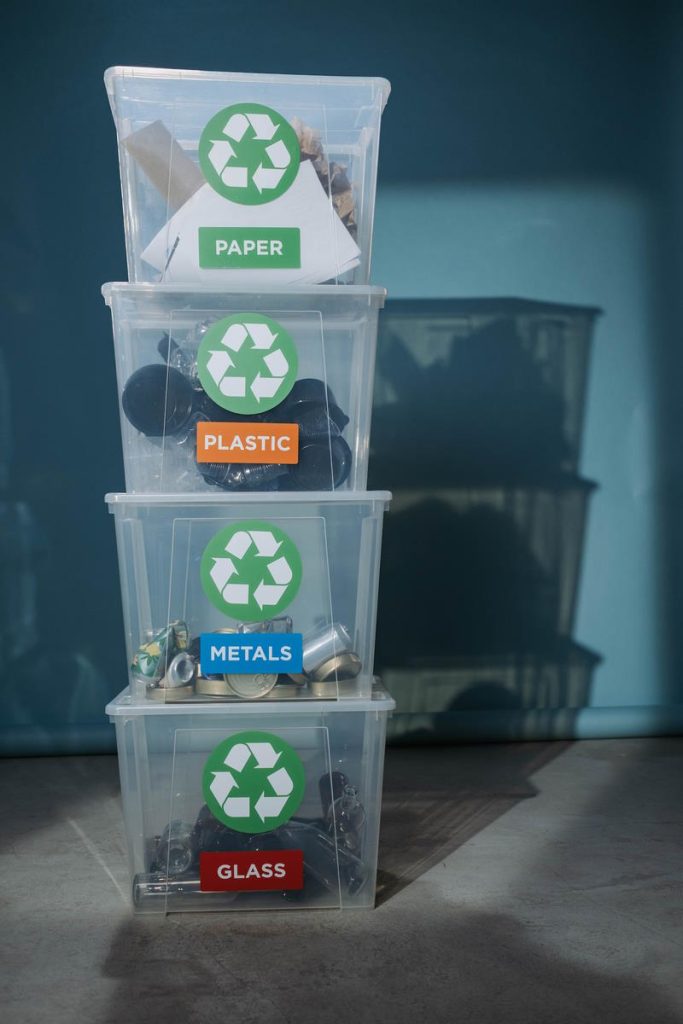In today's world, sustainability is not just a trend but a necessity. Small businesses have a crucial role to play in fostering environmental responsibility while ensuring their success. This article explores the importance of sustainability practices for small businesses, highlighting strategies to achieve a balance between environmental stewardship and business growth.
Embracing Energy Efficiency and Conservation
One of the key sustainability practices for small businesses is embracing energy efficiency and conservation. Implementing energy-efficient technologies, such as LED lighting or smart thermostats, and optimizing energy consumption can reduce operational costs while minimizing the carbon footprint. Additionally, small businesses can adopt practices like turning off equipment when not in use and encouraging employees to conserve energy, fostering a culture of sustainability within the organization.

Waste Reduction and Recycling Initiatives
Small businesses can significantly contribute to sustainability by implementing waste reduction and recycling initiatives. This includes setting up recycling programs for paper, plastic, and other recyclable materials, as well as reducing waste through mindful purchasing practices and packaging optimization. By minimizing waste generation, small businesses not only reduce environmental impact but can also save costs associated with waste disposal.
Engaging Employees and Stakeholders
Engaging employees and stakeholders in sustainability efforts is crucial for small businesses. By fostering a culture of sustainability, businesses can encourage employees to actively participate in eco-friendly practices. This can include providing education and training on sustainability, incentivizing and recognizing sustainable behaviors, and involving employees in decision-making processes related to environmental initiatives. Engaging stakeholders, such as customers and suppliers, in sustainability dialogues, can also create shared value and strengthen relationships.
Product and Service Innovation for Sustainability
Small businesses can drive sustainability by innovating their products and services. This can involve incorporating eco-friendly materials, designing products for longevity and recyclability, or offering sustainable alternatives to existing products. By aligning business strategies with sustainability goals, small businesses can attract environmentally conscious customers, differentiate themselves in the market, and contribute to a circular economy. If you can't afford to buy new equipment, ask a small business lending company, which can give you money to improve your working conditions.
Collaboration and Partnerships
Collaboration and partnerships play a vital role in advancing sustainability practices for small businesses. Joining industry associations or sustainability networks allows businesses to access resources, share best practices, and collaborate on sustainability initiatives. Small businesses can also partner with non-profit organizations or government agencies working towards environmental conservation to leverage their expertise, gain support, and amplify their impact.
Sustainability practices are not only essential for environmental well-being but also offer significant benefits for small businesses, including cost savings, enhanced brand reputation, and access to a growing market of environmentally conscious consumers. By embracing energy efficiency, waste reduction, sustainable supply chain management, engaging employees and stakeholders, driving product and service innovation, fostering collaborations, and transparently communicating their sustainability efforts, small businesses can successfully balance
